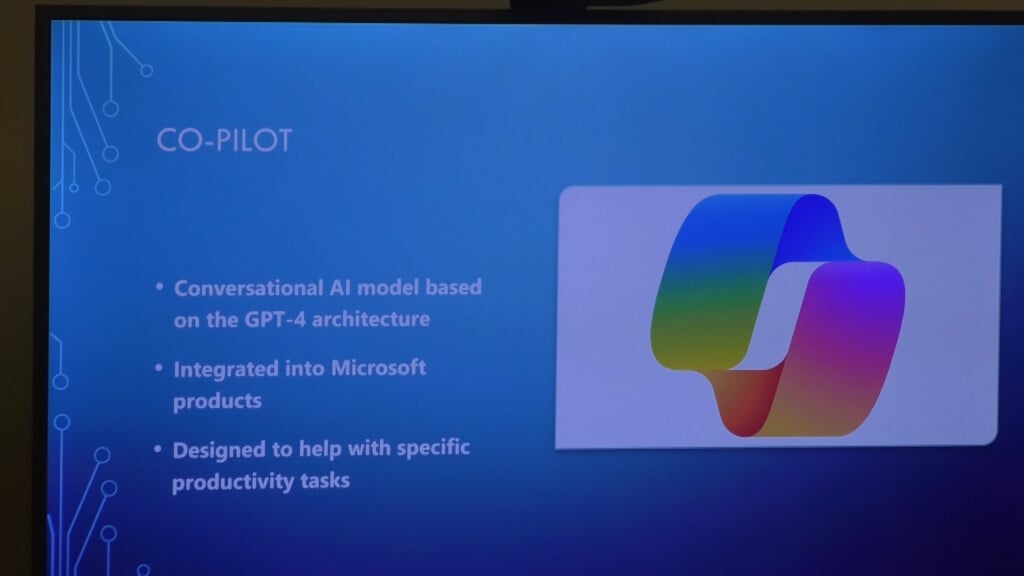Cost for Children’s Healthcare Rises in Mississippi
Daily Journal/JACKSON, Miss. – Government-run health insurance – Medicaid and the Children’s Health Insurance Program – are picking up the slack to provide insurance coverage to more Mississippi children.
A Robert Wood Johnson Foundation study released Thursday found that from 2008 to 2012 the number of Mississippi children covered by private health insurance, including plans provided by their parents’ employer, has dropped from 49.8 percent to 45.2 percent, But the number of children covered by CHIP and Medicaid increased from 37.4 percent to 47.1 percent. That resulted in a net decrease in the percentage of uninsured children in the state from 12.9 percent to 7.7 percent.
The Robert Wood Johnson Foundation is a national non-profit that advocates for health care-related issues.
The study concluded that more than 61,400 Mississippi children – 1 out of every 13 – are not insured.
Rep. Steve Holland, D-Plantersville, said because of Medicaid and CHIP there is no reason for children to go without health insurance.
“It is just a matter of letting the parents know,” said Holland, viewed as one of the Legislature’s more knowledgeable members on health-related issues.
Holland said he hears from parents all the time concerned with the fact they can’t afford to take a sick child to the doctor.
“Even in a prosperous county like Lee that happens,” he said. “I immediately help them sign up for Medicaid. I have helped hundreds….
“You get a sick kid and don’t treat him, look at what you can get…There is nothing Christian about that.”
As of March 2014, 333,782 of 662,433 Medicaid enrollees were children, while an addition 68,805 children were enrolled in CHIP.
Medicaid is for poor children, poor pregnant women, the disabled and the elderly. CHIP covers children up to 209 percent of the federal poverty level if their parents’ income is too high to qualify for Medicaid. Both are funded through federal-state matches, though in Mississippi the federal government pays the bulk of the costs of both programs.
The reduction in the number of uninsured children in Mississippi mirrors the nation. Nationwide, the number of uninsured children has declined from 9.8 percent percent to 7.5 percent. But, nationwide, while Medicaid and CHIP enrollment for children is increasing, the percentages are still much lower than in Mississippi.
Nationwide, the number of children on government-funded health care programs has increased from 25.8 percent percent to 33.6 percent while the number on private health insurance plans has dropped from 64.5 percent to 59 percent.
“Reducing the number of children who lack health insurance has been a focus of state and federal policy-makers for years, and it’s encouraging to see that tremendous progress has been made,” Risa Lavizzo-Mourey, chief executive officer of the Robert Wood Johnson Foundation, said in a news release.
“More American children now have stable, affordable health coverage, and that means they can get the care they need to learn and grow.”
The trend of children being switched from private or employer-based health insurance is matching what is occurring in the adult population in Mississippi.
A 2013 study by the Robert Wood Johnson Foundation found that in 2000, 1.57 million Mississippians, or 64.5 percent of the population, including family dependents, received their health insurance through an employer.
In 2011, that number had dropped to 52.1 percent, or 1.34 million state residents.
Other studies put the percentage of Mississippians receiving health insurance through their employer at an even lower number.
Mississippi is among the states that have opted not to expand Medicaid to cover primarily the working poor as is allowed under the federal Affordable Care Act.
Under the program, people earning up to 138 percent of the federal poverty level (about $15,000 for an individual or about $32,000 for a family of four) would be eligible to be covered under the Medicaid expansion.
The federal law allows people earning more than 100 percent of the federal poverty level to sign up for private insurance through exchanges where they can obtain federal financial assistance.
It has been estimated by the Center for Mississippi Health Policy that more than 172,000 adult Mississippians earn less than 100 percent of the federal poverty level or less than about $12,000 annually, thus, not qualifying for the private health insurance subsidies, but not eligible for Medicaid as long as the state opts not to participate in the expansion.





Leave a Reply